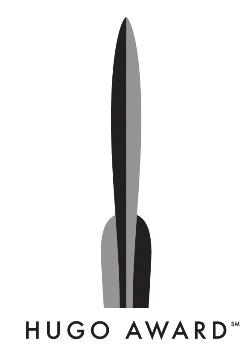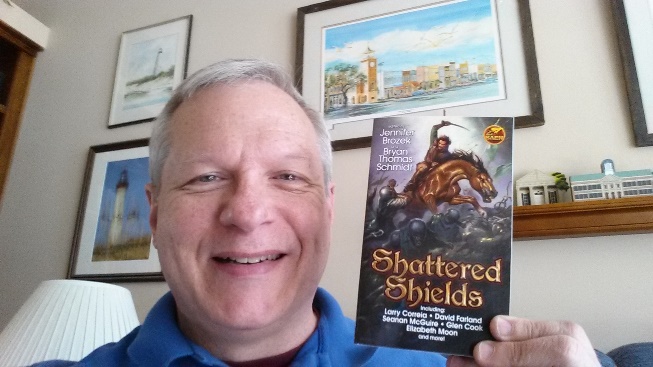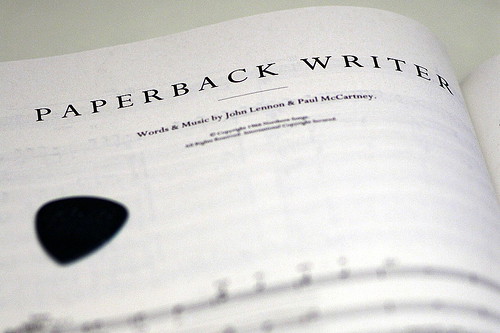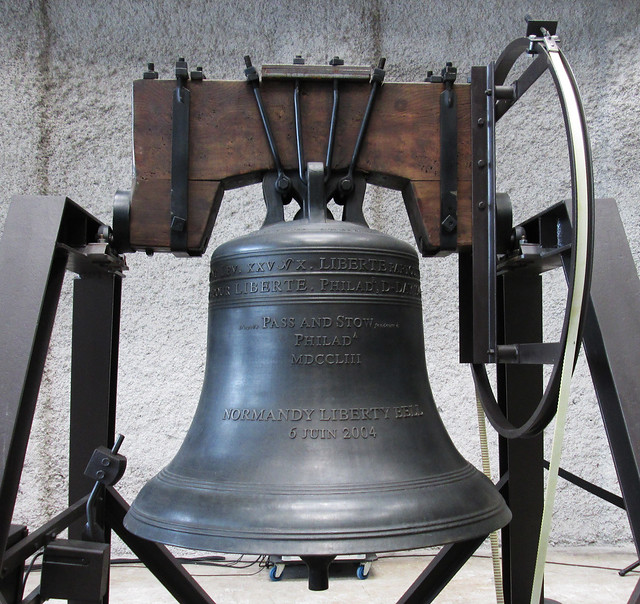I’m not going to talk about the Great Hugo Award Controversy in this post. If that disappoints anyone, then in the words of my former teacher, Dave Haasl, “For this I apologize, but this apology is in no way sincere.”

One additional note: This post is adapted from what I sent out today in my newsletter. Usually I give my newsletter friends a longer period of exclusivity, so to them I offer a sincere apology.
For family and friends who don’t follow science fiction and fantasy news, last Saturday the nominees for the 2015 Hugo Awards were announced, and my story, “Ashes to Ashes, Dust to Dust, Earth to Alluvium,” which appeared in Orson Scott Card’s InterGalactic Medicine Show online magazine last May, is a finalist for the 2015 Hugo Award for Best Novelette.
If you already know what the Hugo Awards are, you can skip this paragraph, but for family and friends who are not immersed in SF&F culture: the Hugo Awards are given for “excellence in the field of science fiction and fantasy,” and have been called the “most prestigious award in science fiction” — so this is a pretty big deal. You can think of the Hugos as something of a cross between the Academy Awards and the People’s Choice Awards, in that they’re voted on by a fairly small group (members of the World Science Fiction Convention) but anyone is welcome to join that group.
My first reaction to the nomination was a profound sense of gratitude, which I hope will become clear as I tell you a bit about the story and how it came to be.
My “novelette” — which simply refers to a story between 7500 and 17,500 words long — revolves around human settlers on a distant planet trying to end years of subjugation by an alien species. Here’s the opening:
The door leading to the Tephrist’s studio reminded Cerna of a clam’s shell turned on its side, except it was grossly oversized, indigo-painted, and steel.
“Let’s go back, Phil,” Cerna said. “Why do you want to go in there? They’re the ones making you sick.”
Keller would hear none of it. His hand shook a little as he pushed against the damaged identi-plate. The plate and the imperfectly patched wall around it bore the imprint of the only human revolt to have reached this far into town.
As the door-halves swung apart on smooth tracks, Cerna resisted the urge to pull his friend away. The interlocking flutes were sharp edged and equipped with heavy-duty pins as long as his forearm that secured it in the off-hours.
The front room was square, and stark in its simplicity. It smelled pleasanter than Cerna expected, faintly of cinnamon. Not like death at all.
The ceiling was mostly open to the afternoon sky, typical of Peshari construction, but buttresses rose from the corners that were interconnected with steel bars. Shadows from the bars made patterns on the rough, pale, orange tiled floor and the sand colored brick walls. A few bricks were adorned with dead Peshari in miniature bas-relief.
A heavy-beamed archway roughly opposite the entrance led back into the work area. In between, a holo-pillar took up about a square meter in the center of the room, but it was turned off. Otherwise, the room was bare, with not even a plant to break up the uniform color. Cerna guessed that a place devoted to death might not be the best environment for living things.
If you’re curious and want to read more, I’ll put the link at the bottom of this post.
So, then, why was gratitude my first reaction when the committee told me I’d been nominated? Because I give credit to a number of other people for the story’s success — and even for its very existence!
First off, I wrote the story as part of the annual Halloween contest in the Codex Writers Group, and the two “seeds” I started with came from fellow writers Aliza Greenblatt and Eric James Stone. The story took second place in the contest, and James Maxey liked it so much that he called it to the attention of Edmund Schubert, the editor of InterGalactic Medicine Show. Ed asked me to send it to him, which of course I did. Just a few months later the story went online.
So I am deeply grateful to each and all of them for their contributions to and faith in the tale.
The story of the story (if you will) might have ended there. IGMS’s readership is smaller than the traditional powerhouse magazines like Analog and Asimov’s, and while it’s nice to think that some of the readers liked my story, I don’t remember it being reviewed or getting any other attention. But as “award season” started warming up my friends Brad Torgersen and Larry Correia decided to recommend the story, and others followed suit. For my part, I was quite happy that a few more people might read the story than would have ever heard of it otherwise; even with the widespread attention Brad and Larry and their “Evil League of Evil” could give it, I doubted it would make the cut.
Turns out I was wrong.
So here I am, with a story nominated for one of the most significant science fiction awards. From the moment I opened the e-mail with the news, I’ve been and remain most grateful, to the people named above and to everyone who read my story and liked it enough to nominate it.
Voting will take place this summer. I’ll find out in August if my story passed muster with the voters.
Until then, as I noted above there is more than a little controversy over my nomination, because it was part of the recommendation list that was passed around. But I hope you’ll forgive me for leaving that discussion to another day.
Because all I really want to say today is: Thank you, one and all.
___
Here’s the promised link, if you’d like to read “Ashes to Ashes, Dust to Dust, Earth to Alluvium”.



 by
by 

















